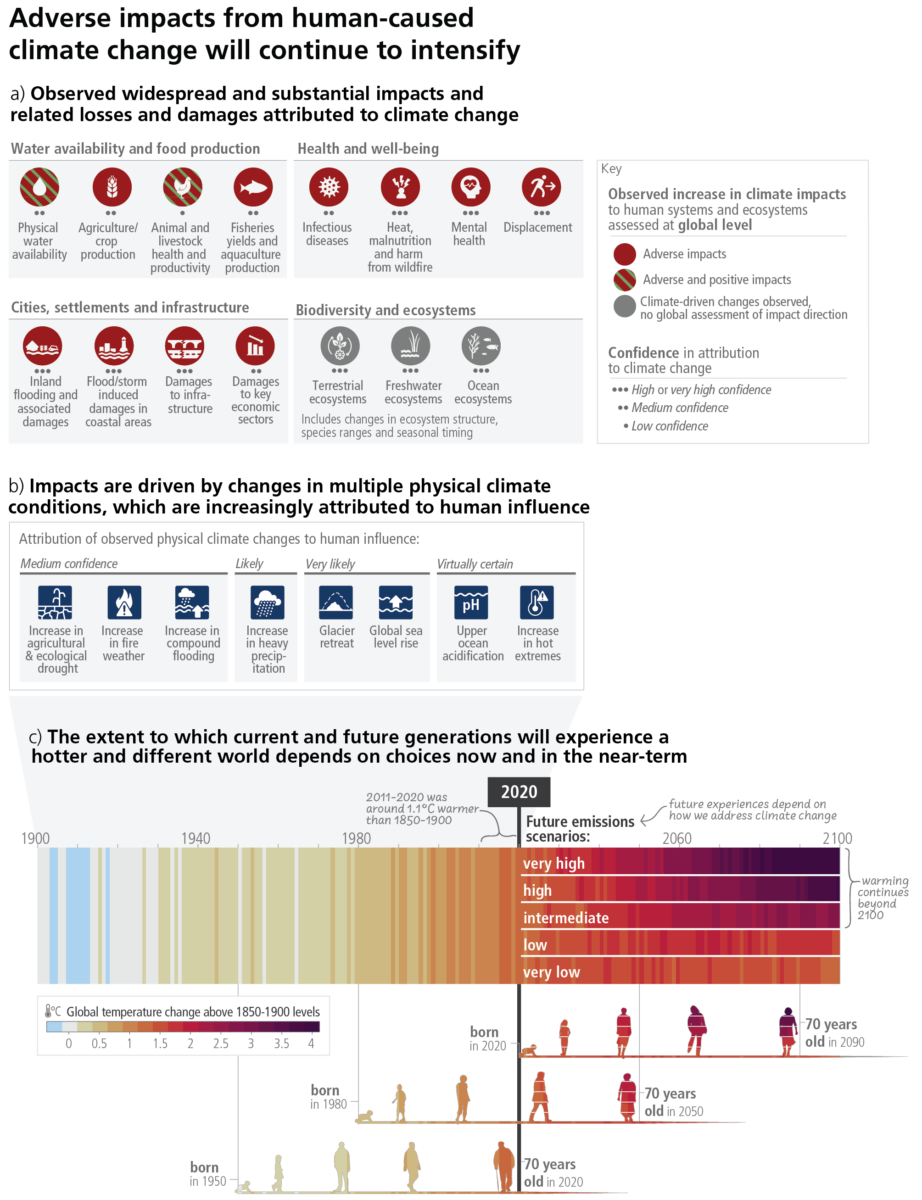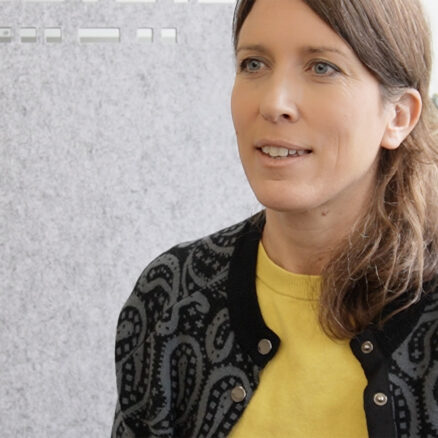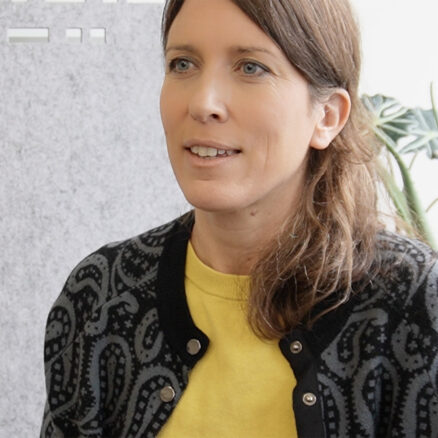The United Nations Intergovernmental Panel on Climate Change has dropped the final installment of its comprehensive Sixth Assessment Report (AR6), which provides a recap of the findings published in previous installments. The synthesis report consists of three main sections: current status and trends, projected futures, and current international policy timeframes. The summary for policymakers gives an integrated view of climate change and provides the scientific underpinning for global climate action.
Here are the key takeaways for business:
If we want to reach net zero, sustainability must be treated as a strategic business priority. The synthesis report highlights that our window of opportunity is getting smaller while the climate emergency is growing. Right now, we’re not seeing the level of change that is needed to limit global heating to 1.5˚C, and there are huge implications for CEOs and business leaders because we need a drastic change of perspective. Leaders need to normalize posing existential questions at shareholder meetings, to board members, and among industry peers. These hard-hitting questions include “Will our current business model get us to the goals we’re promising to achieve?” and “Which of our products or activities are at odds with our sustainability goals?” This requires being honest and up-front about inconsistencies and how to address them. It’s not about reaching targets, it’s about changing the rules. And that requires weaving sustainability into the heart of business strategy and at every level of the company.
Market opportunities exist. “Consume less” is clearly stated as a key element. Even if all technological solutions that need to be developed are developed (carbon capture, renewable energy, etc.), we won’t be able to reach the 1.5˚C goal if we continue to uphold the same growth model that gave rise to the challenges we face today. Companies will need to adapt, innovate, and openly question how to decouple growth from the consumption of resources. We need to rethink business models to successfully operate within planetary boundaries and create an economy that respects nature.
Governments have an important role to play. The report indicates that, ultimately, it is the role of governments to drive sustainability at scale. We need international agreements and legislation to influence necessary climate action like the massive deployment of renewable energy. But that doesn’t mean business can take a back seat. Companies must take actionnow to reduce their environmental impacts and adopt nature-supportive pathways to keep the needle moving and prepare for future policy changes and legislation. Business leaders can also tear down silos between sustainability departments and corporate influence teams by advocating for — rather than blocking — public policies that create the conditions necessary for change.
Scale what works. Right now, our focus should be on what we know works: solutions like energy efficiency, policies that allow reduction of energy consumption, and avoiding deforestation. We need technology at scale. Where do we want to make our investments? We need to put our money first where we know it will have the biggest impact.
It’s time to turn climate pledges into action. The synthesis report recognizes the interdependence of climate, ecosystems, biodiversity, and human societies. It means companies will need to take a holistic approach to reach environmental goals and future-proof business. We have the solutions we need now. We need to use them, apply them, and fund them.
According to figures from the report, climate change has already caused widespread impacts and related damages on human systems and altered terrestrial, freshwater and ocean ecosystems worldwide:





